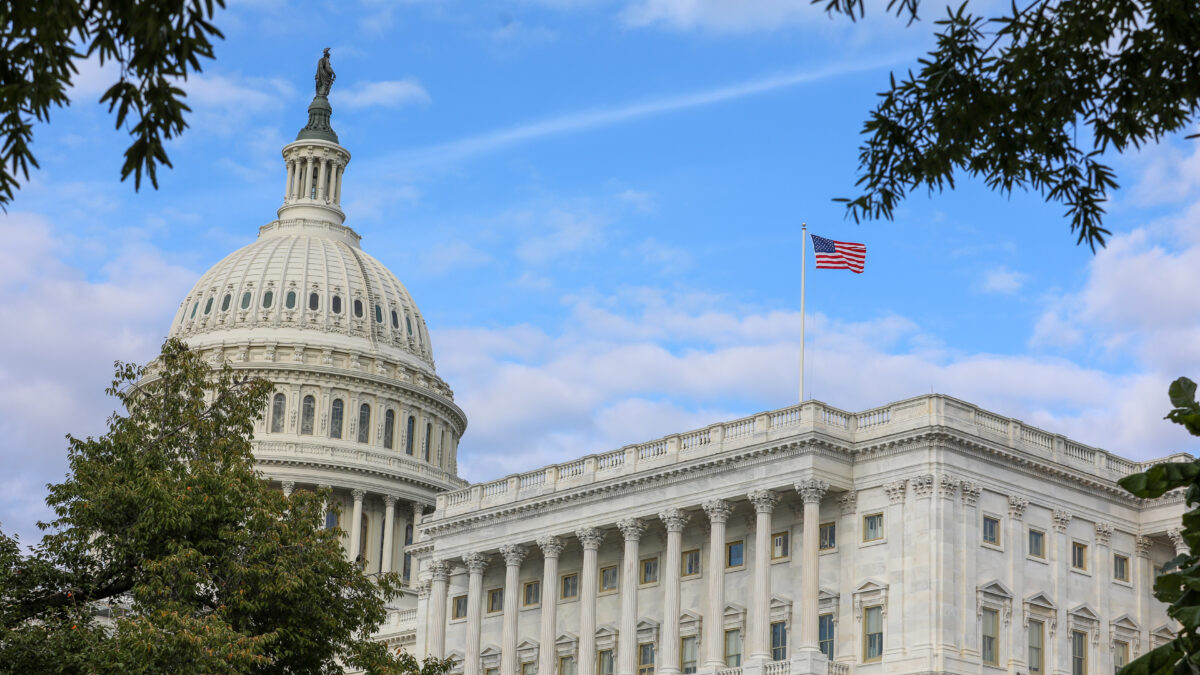Federal Spending Bill Repeals HIT, Extends Key Tax Provisions
TOPICS
TaxesErin Anthony
Director, Communications

photo credit: AFBF Photo, Philip Gerlach
Erin Anthony
Director, Communications
Legislation to fund the U.S. government in 2020 included several tax provisions important to farmers and ranchers. At the top of the list is permanent repeal of the Health Insurance Tax, which was enacted as part of the Affordable Care Act.
The Health Insurance Tax has increased health insurance costs for farmers, ranchers and other small businesses by imposing a levy on the net premiums of health insurance companies, which is then passed on to consumers,” AFBF President Zippy Duvall said in a 2019 letter indicating Farm Bureau’s support for a bill that would have suspended the HIT.
The spending bill (H.R. 1865) also retroactively reinstates and extends tax incentives for biodiesel and renewable biodiesel through Dec. 31, 2022, and tax credits for second-generation biofuels through 2020.
“In many rural areas of the country, [biodiesel and other biofuel] production facilities are a driving force in local economies that provide employment opportunities and broaden the local tax base. In addition, all citizens, including farmers who are large fuel consumers, benefit when our nation reduces its dependence on unpredictable international oil markets,” Duvall wrote in a 2019 letter urging the House to pass legislation extending tax incentives for biodiesel and renewable diesel.
An extension through 2020 of the tax credit for alternative refueling property is also included in the bill.
In addition, the measure retroactively restores and extends through Dec. 31, 2022, the 50% tax credit for short line railroad maintenance. Short line railroads are first- and last-mile carriers that connect small towns, farms and factories to the national rail network, creating jobs and stimulating economic growth in thousands of local communities.
“Farmers and ranchers need efficient and cost-effective rail transportation for the delivery of equipment, seed, fertilizer and other inputs and to move the food, fiber and fuel products they produce to market. An efficient rail system reduces the prices farmers pay for supplies and greatly expands domestic market access and access to ports for export to foreign markets,” Farm Bureau said in a statement to Congress in 2019.
The spending bill also allows rural electric cooperatives to maintain their tax-exempt status when they receive grants for such things as expanding broadband or restoring power after storms and disasters; extends the Craft Beverage Modernization Act for one year, until Dec. 31, 2020; and extends the wind energy Production Tax Credit through December 2020 and raises the value of the PTC to 1.5 cents/kilowatt hour.